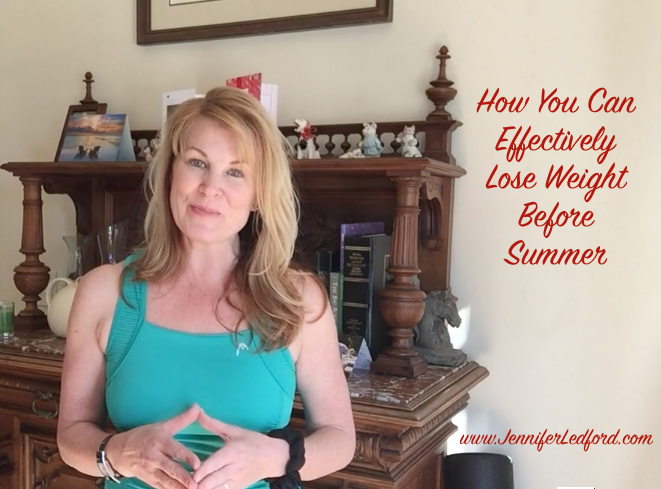
Have you ever found yourself craving an entire bag of potato chips or a huge bowl of ice cream on a bad day? Or, maybe some days seem harder than others to stick to your normal eating habits? If so, you are NOT alone.
Research is showing us that controlling cravings is a lot less about will power and a lot more about creating new habits or in some cases addressing a nutritional deficiency.
Know What Your Cravings May Mean
If you’ve been finding it hard to satisfy your cravings, here’s what some of those cravings may mean and how you can curb them without feeling completely deprived.
- Cravings for salty foods. A craving for salty foods could mean that you are dehydrated or have a mineral or electrolyte imbalance. It can also be caused by cutting back too much on your carb intake. If you find yourself craving salty foods for no apparent reason, try drinking plenty of water and make sure that you are eating carbs with each of your meals. Choose recipes with interesting spices and herbs to satisfy your craving for savory foods. Add salted nuts to your diet. Nuts make great snacks, taste great on salads, and work well in stir-frys. Remember to pay attention to serving sizes which is usually around 1/4 cup or 16-18 nuts. A small handful of nuts can go a long way.
- Sugar cravings. Research shows that a person can become physically addicted to sugar which means the more you eat, the more you want. If you find yourself craving sugar often try grabbing a piece of fruit instead. Deprivation can lead to binging so if sweets are one of your favorites it’s a good idea to incorporate them into your diet in moderation. When you do decide to have a sweet treat avoid the artificially sweetened diet foods which can cause more intense cravings. Instead, eat small amounts of the real deal instead. You are better off enjoying a piece of pie made from scratch or a 1/2 cup of real ice cream than you are eating most processed desserts.
- The late night snack. Late night snacking can be triggered by a number of different things. You may be over tired, justifiably hungry, or simply bored. A lack of sleep can affect hunger controlling hormones so if you know you’ve been sleep-deprived, focus on getting at least 7.5 hours of sleep per night. If you notice hunger pains in the evening and it’s been several hours since you’ve had dinner, you are probably hungry. Eat a light snack that won’t interrupt your sleep. If you’ve just eaten and you know you’ve been getting enough sleep you may be bored. Try redirecting your attention to an activity unrelated to food. Things like reading, stretching, organizing, folding laundry, or playing with a pet are all great ways to keep your hands busy doing something other than snacking.
- When you’ve had a rough day. There’s a valid reason you turn to Mom’s chocolate cake when you need a little pick me up on a bad day. Eating “comfort foods” gives you a boost of serotonin and dopamine, which are feel-good transmitters that act like anti-depressants. While it’s true that elevating your serotonin levels helps fight depression, turning to the sweets to elevate your serotonin levels may not be the best choice. You may feel great for a moment after eating a large piece of cake. However, when your blood sugar drops, you can go right back into the dumps and may experience guilt for sabotaging your weight loss goals. Try experimenting with the lighter versions of comfort foods like a whole grain macaroni and cheese or berries with a small piece of dark chocolate on the side. Or, turn to alternative sources of pleasure like taking a walk with your dog, enjoying a hot bath, or sipping on a glass of wine.
We all have food cravings from time to time. It’s knowing how to deal with them that will make or break our weight loss and/or management goals!
To your health and success!
Shared with love,
Jennifer Ledford


